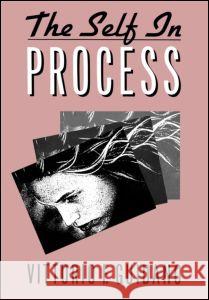The Self in Process: Toward a Post-Rationalist Cognitive Therapy » książka
The Self in Process: Toward a Post-Rationalist Cognitive Therapy
ISBN-13: 9780898624472 / Angielski / Twarda / 1991 / 237 str.
In this powerful work, Dr. Guidano critiques the separation of observer and observed, shows how the very meaning of "self" is thus redefined, and delineates the clinical ramifications of the newly conceived self for a "post-rationalist" cognitive therapy. Clinicians, according to Guidano, can do more than help patients change dysfunctional behavior. By directing therapy toward core emotional themes and utilizing the interactional aspects of the therapeutic relationship, practitioners can modify patients' core patterns of self-perception and thereby realize substantive and lasting change. Part I of the volume lays the theoretical groundwork and Part II, replete with case examples, discusses psychotherapeutic applications. In the first part, Guidano explicates his construct of the self, examining the differentiation of self-boundaries, discussing developmental pathways of self-organization, and describing the impact of self-boundaries on lifespan development. In Part II, he constructs his post-rationalist framework for cognitive therapy with discussions of the therapist's attitude, assessment procedures, self-observation method, and the structure and dynamics of therapeutic change. Case illustrations demonstrate how the practitioner, whom he views as "a strategically oriented perturber," can prepare the clinical and interpersonal context; focus and reorder immediate experiencing; and help the patient reconstruct his or her affective style.











